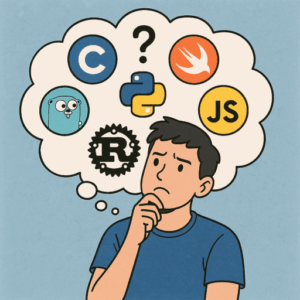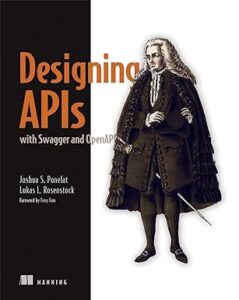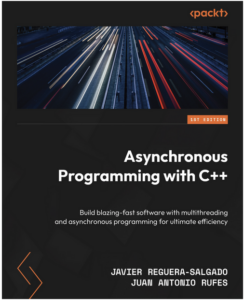Last friday my extracurricular course at the University of Sannio concluded (for 2024). For those who don’t know, it’s a full immersion course lasting one month that allows participants to gain basic knowledge in coding, design, storytelling, etc., to present a prototype of an iOS application developed with SwiftUI. From my perspective, it’s a fascinating experience that keeps me feeling young, even though it requires some personal sacrifice and the willingness of the company I collaborate with to not be able to reach me in the morning.
At the end of each course, I always ask myself what worked, what could have gone better, and what I can improve. But I always wonder what I “take away” from this experience:
• Guiding 30 “juniors” for a month enhances soft skills.
• By explaining, you learn more (perhaps that’s obvious).
• Ideas for my posts arise from the questions or curiosities of the students.
This time, I also have an additional reflection: the benefits of AI tools during coding. From what I observed, the results were not satisfying. It’s worth noting that most students come from computer science backgrounds; some are at the end of their studies, others at the beginning, and there are even people who have never programmed in their lives. The quality of the prototypes was generally similar to that of previous years, but upon closer examination, I found more malfunctions due to poor programming and the use of code generated by AI. I often saw solutions based on outdated APIs or proposals that seemed to “shoot flies with a cannon.”
From what I observed, there were more errors, and students learned less. Perhaps the good old Stack Overflow was better: at least when they used code from there, they always had doubts about how it worked; today, however, there’s a “blind” trust in the tool. I don’t foresee an easy period for software quality




